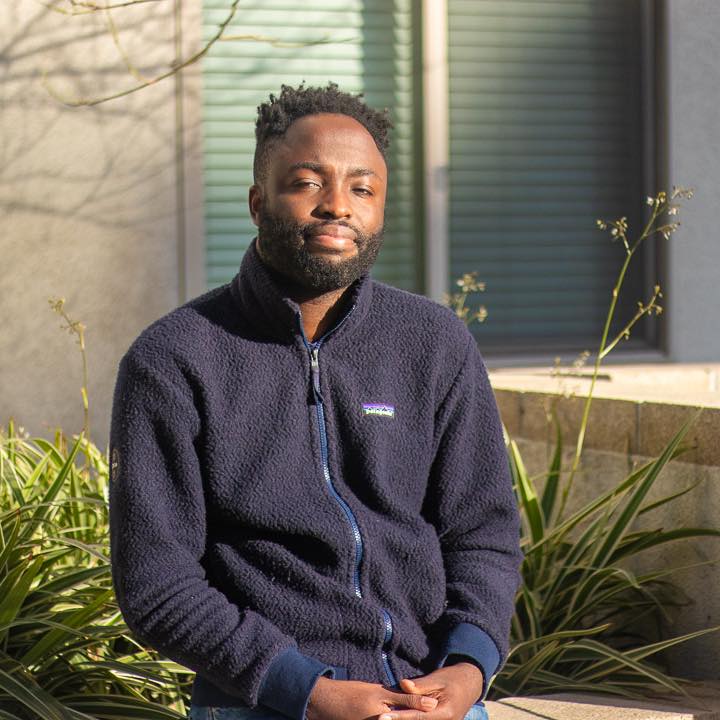Editorial Note: Opinions and thoughts are the author’s own and not those of AFROTECH™.
Companies and products are often designed with younger generations, like Gen Z and Millennials, in mind. However, this emphasis often causes the industry to overlook older generations who also need technology tailored to their needs. One would think this would be an obvious market, given that Gen X and Boomers hold more wealth than younger generations. That wealth alone makes them an attractive customer base because they can afford the products and services being developed.
Even so, there hasn’t been much focus from tech investors or founders on creating solutions for this demographic. How often have you come across a founder or investor saying, “We’re building this for Gen X or Boomers”? Rarely, if ever. This is a massively overlooked opportunity. One reason for this lack of attention is that the tech industry is perpetually focused on the future. Rarely does it look to the past. When developing new products or companies, the goal is often to capture the next generation of users, not the previous ones. This forward-looking mindset creates a lack of funding for companies focused on older generations, which in turn discourages founders from building for them.
Given the unique challenges that come with aging, I believe this market presents a significant opportunity—not only to generate profit but to address the needs of a generation that grows increasingly vulnerable over time. In this piece, I’ll explore the challenges of old age, spotlight companies addressing those challenges, and explain why this issue should matter to you.
The Challenges Of Aging
One challenge many don’t consider as people grow older is loneliness. As you age, close friends and loved ones may pass away or face illness, and your world can shrink over time. If you’re not living in a senior care environment, you may find yourself socially isolated. Beyond the emotional toll, isolation poses serious health risks. For instance, socially isolated individuals are more likely to develop heart disease, high blood pressure, or obesity—conditions that reduce quality of life and make it harder to combat other health challenges.
Loneliness also increases the likelihood of cognitive issues such as dementia or Alzheimer’s. A study by The University of Michigan found that one in three adults ages 50–80 reported feeling isolated, lacking companionship, or having infrequent contact with others outside their home.
Recognizing this dire situation, Papa, a Miami-based company, aims to make older adults feel less lonely. Papa connects seniors with younger individuals, known as Papa Pals, who can earn an average of $22 per visit to help with household tasks, run errands, or simply spend time with them. What sets Papa apart is its business model: instead of charging families directly, it partners with employers and health plans, such as Medicare Advantage, Medicaid, and Special Needs Health Plans. By shifting the cost to health plans and employers, Papa has made its service more accessible. This innovative approach contributed to the company being valued at $1.4 billion as recently as 2021, showing there’s financial opportunity in building for older citizens.
The Cost Of Caregiving
Caring for an aging family member is both financially and emotionally taxing. AARP estimates that families spend an average of $7,242 annually on caregiving. Additionally, a survey by Harvard Business School found that 73% of Americans provide some form of caregiving at home. Given these personal and financial burdens, it’s logical that companies are exploring how technology can improve caregiving for both the caregiver and the recipient.
One such company is Honor Technology, founded in 2014 with the mission of making home healthcare better for everyone. Honor uses technology to match caregivers with those needing assistance in the most effective way possible. In 2021, Honor acquired Home Instead, a globally recognized company that helps entrepreneurs establish their own home healthcare businesses. This combination of Honor’s technological expertise and Home Instead’s operational capabilities has made the company a leader in the field. In 2021, Honor was valued at $1.25 billion.
Why It Matters
In the Black community, it’s rare to find someone who hasn’t taken on some form of caretaking responsibility for a parent or grandparent. Throughout history, the necessity of community for survival has made caring for our elders not just a choice but an ingrained, often expected responsibility.
That is why I am happy to see companies like Papa and Honor looking to improve the caretaking responsibility for all parties involved. According to research from Blue Cross Blue Shield, 43% of Black caregivers experience social isolation and 23% experience anxiety. Given that 57% of Black caregivers also live in the home with the person they are taking care of, any innovation that can make taking care of our loved ones is welcome.
My hope is that more founders and investors recognize the immense opportunity to serve this market and, in doing so, create a brighter future for our aging population. This also presents a financial opportunity for those thinking about the types of companies they want to create. There has already been a growing trend among millennials to purchase and manage “boring businesses” such as those in skilled trades, which are primarily owned by Boomers, and home healthcare, like the space Honor operates in. A founder doing interesting work in the home health space now is Jessica Mcglory, a Black woman who runs a tech-enabled hospice company called Guaranteed and has raised $6.5 million to date, showing the increasing opportunity for Black founders to enter the space.
If Black people take advantage of the growing interest in technology among older generations, we will not only improve our later years in life but also make people rich along the way. As they say, health is wealth.

















